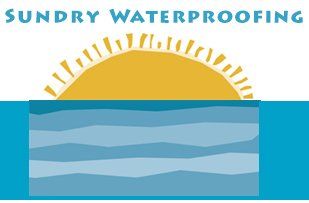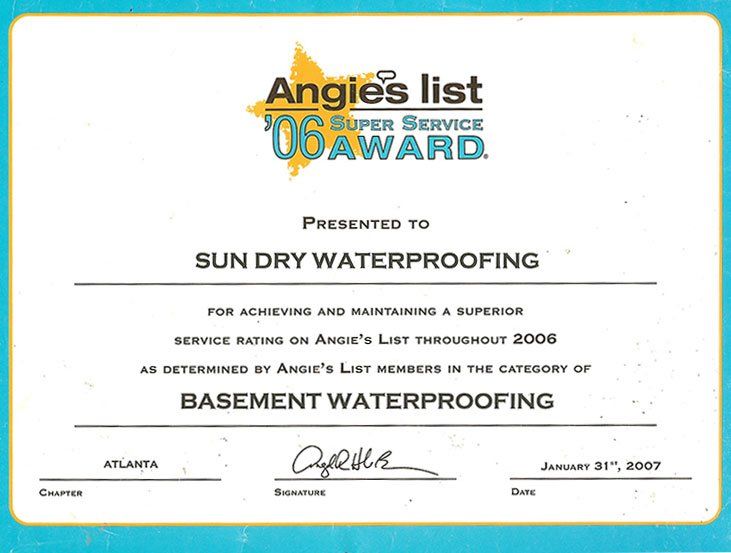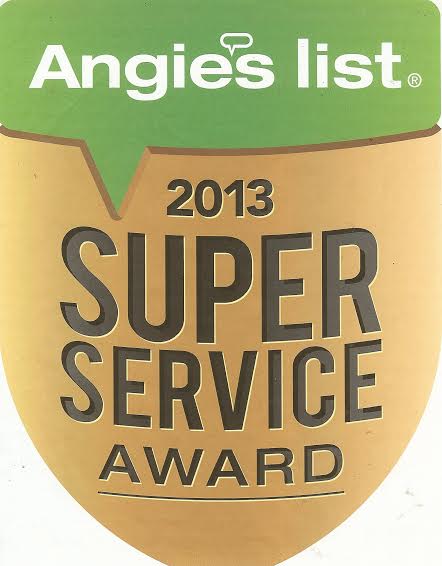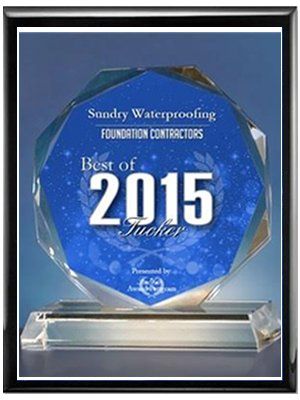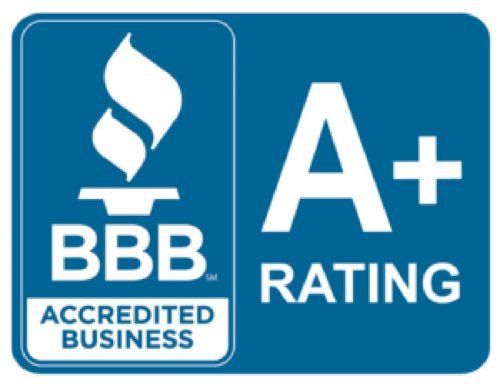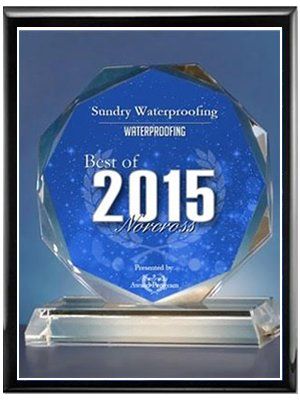Choosing the Right Waterproofing Method for Your Atlanta Home
Is your Atlanta home prepared for heavy rains and moisture? With Atlanta's humid climate, protecting your property from water damage is crucial. In this post, we'll guide you through the various waterproofing methods available to keep your home safe and dry, helping you choose the one that fits your needs and budget. From exterior waterproofing to interior solutions and foundation protection, understanding your options is key to maintaining your home's structural integrity.
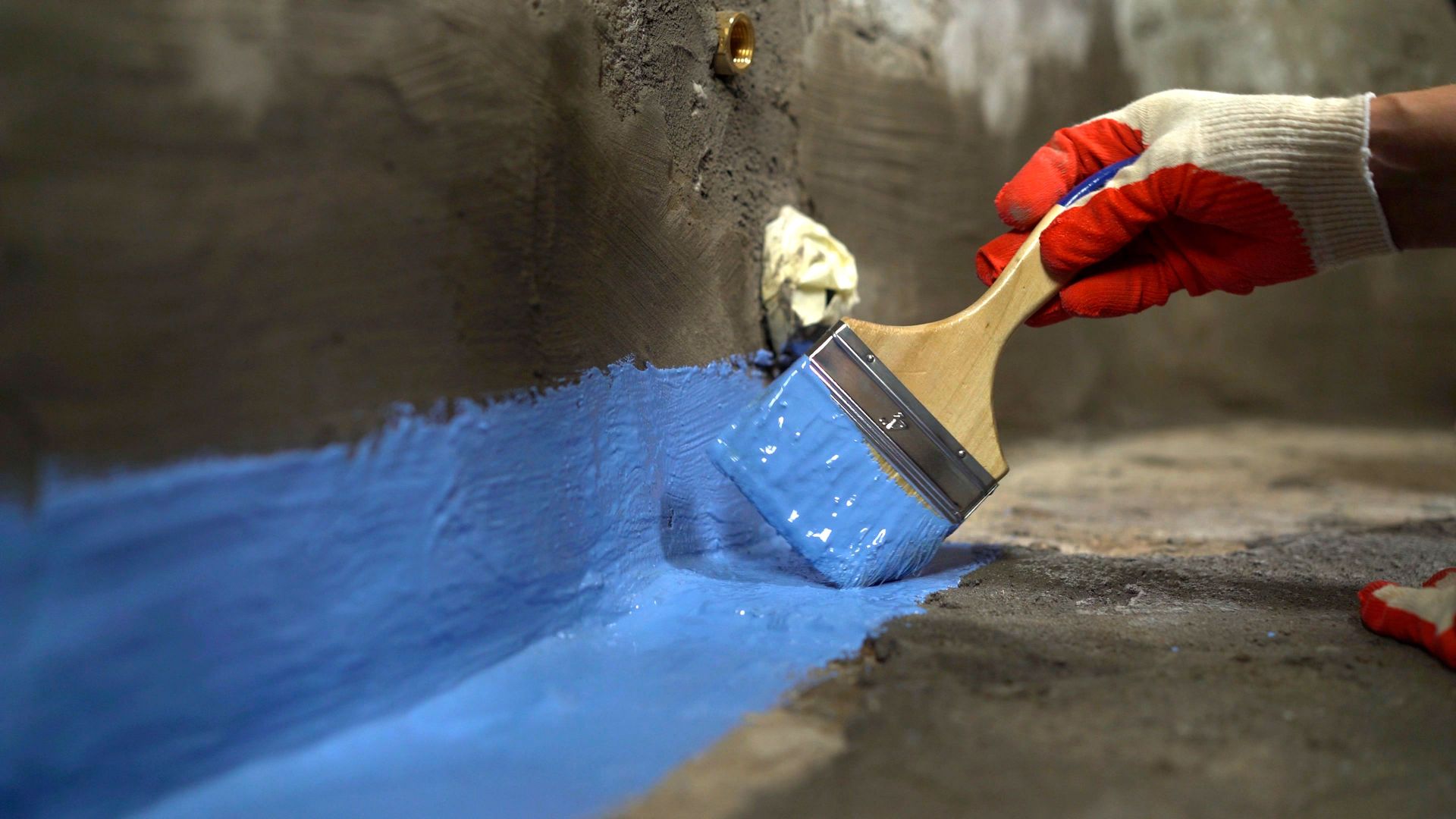
Exterior Waterproofing: The First Line of Defense
Exterior waterproofing involves creating a barrier around your home's foundation to prevent water from penetrating the structure. This method typically includes installing drainage systems, sealing foundation walls, and applying waterproof coatings. Benefits of exterior waterproofing include preventing water seepage and protecting your foundation from long-term damage. However, it can be more costly due to excavation requirements.
For homes with a history of flooding or water intrusion, exterior waterproofing is the most comprehensive solution. While the initial investment is higher, it effectively manages water from the outside, keeping your foundation dry and preventing costly repairs down the line.
Interior Waterproofing: Managing Water Inside Your Home
Interior waterproofing focuses on controlling water once it enters your home. This method often includes installing sump pumps, interior drainage systems, and vapor barriers to keep your basement dry. Advantages of interior waterproofing include lower costs compared to exterior solutions and less disruption to your landscaping. However, it doesn't address the root cause of water intrusion, making it more suitable as a temporary or supplemental solution.
If your basement only experiences minor leaks or dampness, interior waterproofing can be a quick fix to manage moisture. Pairing it with a dehumidifier helps maintain a healthy indoor environment, reducing the risk of mold and mildew growth.
Foundation Waterproofing: Protecting Your Home's Core
Foundation waterproofing is critical for preventing structural damage caused by water infiltration. This method includes sealing foundation cracks, reinforcing structural integrity, and installing drainage systems to divert water away from your home's base. Foundation waterproofing not only keeps your basement dry but also ensures that your home's core structure remains strong and stable.
Foundation issues can lead to serious problems like shifting walls or uneven floors, so addressing water intrusion at the foundation level is essential for long-term protection. A professional waterproofing service can evaluate your foundation and recommend the best solution to safeguard your property.
Choosing the Best Waterproofing Solution for Your Atlanta Home
The ideal residential waterproofing in Atlanta, GA, depends on various factors, such as the age of your home, the severity of water issues, and your budget. For homes in high-risk areas or with recurring water damage, a combination of exterior and foundation waterproofing is often recommended. For minor moisture problems, interior waterproofing may suffice as a more budget-friendly option.
Need help deciding which method suits your home best?
Contact Sundry Waterproofing for a professional evaluation. Our team has years of experience providing homeowners in Atlanta, GA, with tailored waterproofing solutions that fit their needs and ensure long-lasting protection.
Conclusion: Protect Your Atlanta Home from Water Damage
Choosing the right waterproofing method for your Atlanta home is essential for maintaining its value and safety. Whether you opt for exterior, interior, or foundation waterproofing, understanding the benefits and limitations of each approach helps you make an informed decision. Call us today at
678-969-9080 for a free estimate! Which waterproofing method do you think would work best for your home?
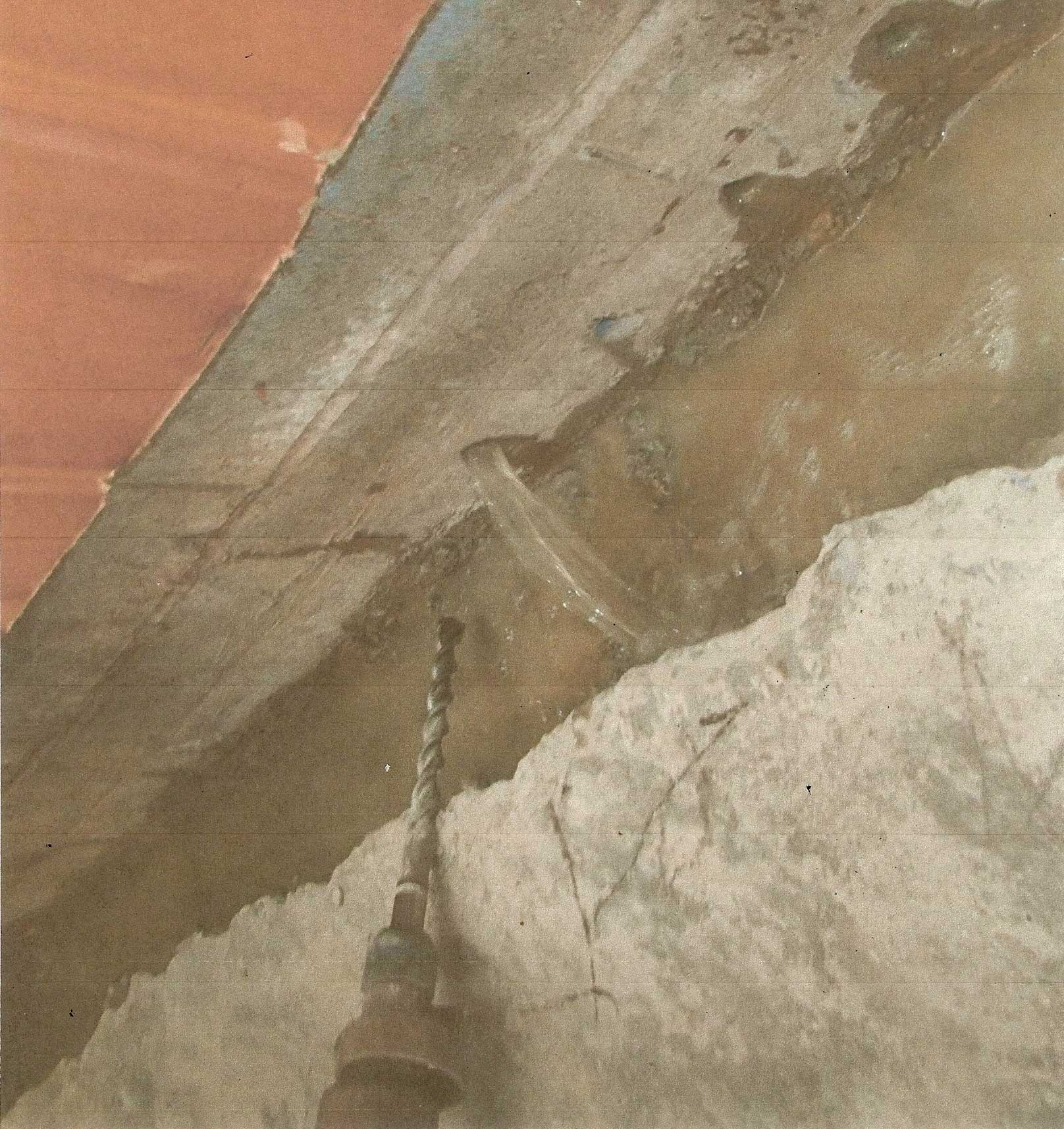
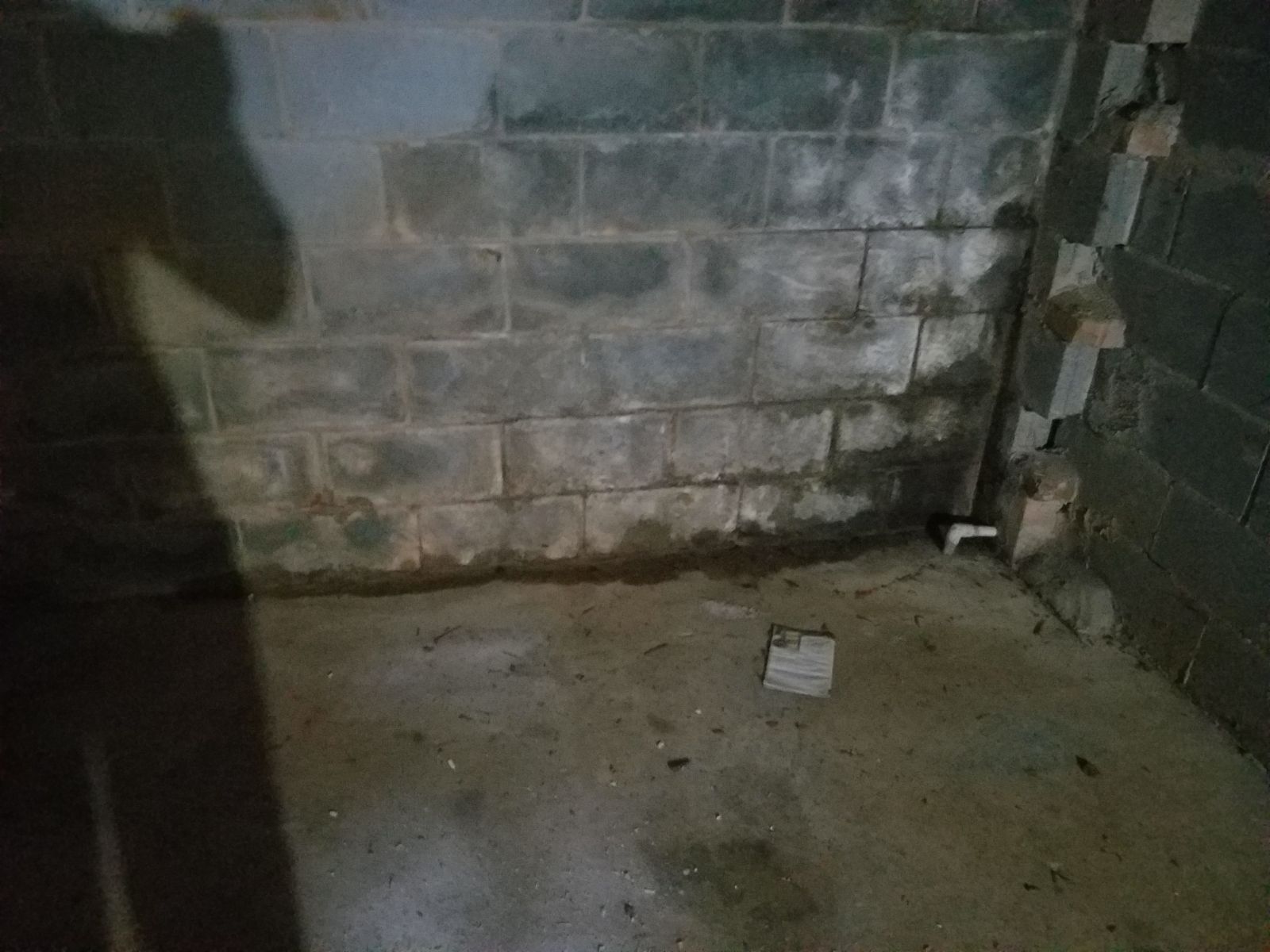
Phone: 678-969-9080 | Address: 2103 Idlewood Rd. Tucker, GA 30084
Business Hours:
- Mon - Fri
- -
- Saturday
- -
- Sunday
- Closed
Payment Options:






